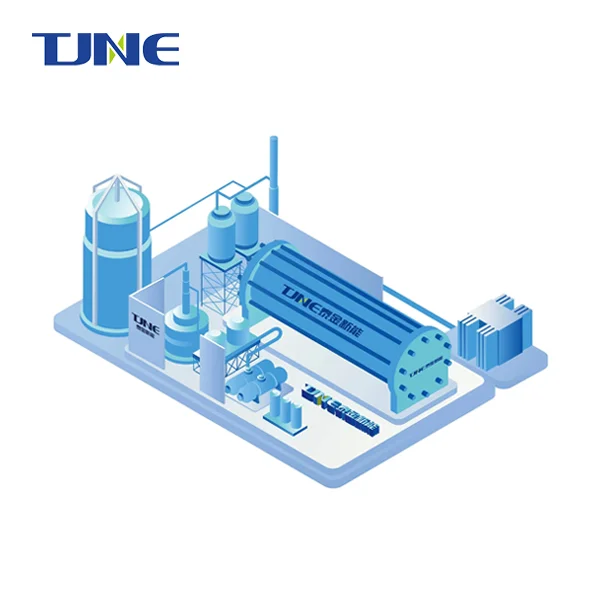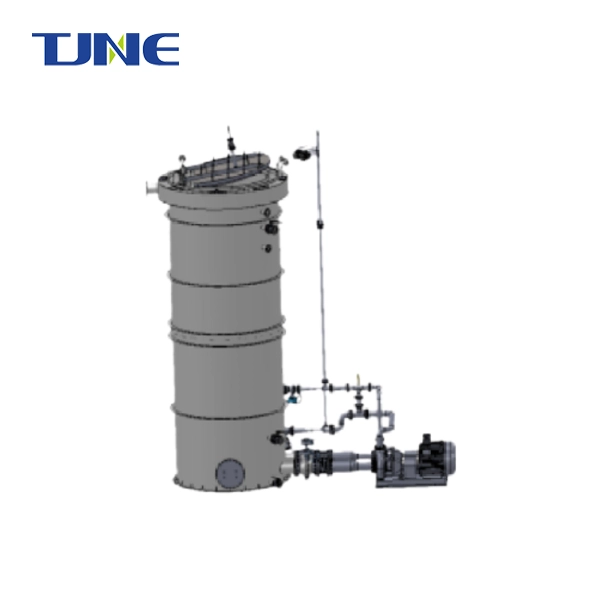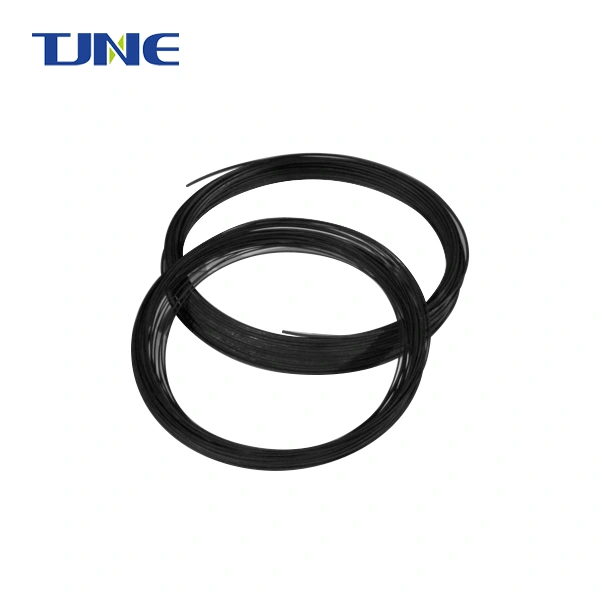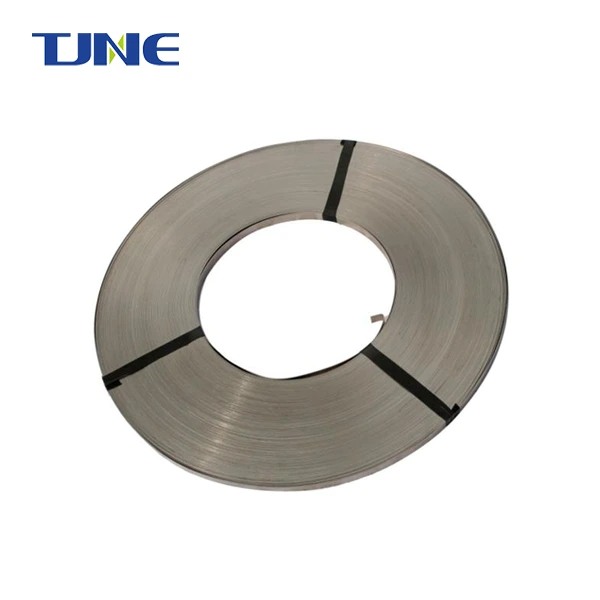- English
- French
- German
- Portuguese
- Spanish
- Russian
- Japanese
- Korean
- Arabic
- Greek
- German
- Turkish
- Italian
- Danish
- Romanian
- Indonesian
- Czech
- Afrikaans
- Swedish
- Polish
- Basque
- Catalan
- Esperanto
- Hindi
- Lao
- Albanian
- Amharic
- Armenian
- Azerbaijani
- Belarusian
- Bengali
- Bosnian
- Bulgarian
- Cebuano
- Chichewa
- Corsican
- Croatian
- Dutch
- Estonian
- Filipino
- Finnish
- Frisian
- Galician
- Georgian
- Gujarati
- Haitian
- Hausa
- Hawaiian
- Hebrew
- Hmong
- Hungarian
- Icelandic
- Igbo
- Javanese
- Kannada
- Kazakh
- Khmer
- Kurdish
- Kyrgyz
- Latin
- Latvian
- Lithuanian
- Luxembou..
- Macedonian
- Malagasy
- Malay
- Malayalam
- Maltese
- Maori
- Marathi
- Mongolian
- Burmese
- Nepali
- Norwegian
- Pashto
- Persian
- Punjabi
- Serbian
- Sesotho
- Sinhala
- Slovak
- Slovenian
- Somali
- Samoan
- Scots Gaelic
- Shona
- Sindhi
- Sundanese
- Swahili
- Tajik
- Tamil
- Telugu
- Thai
- Ukrainian
- Urdu
- Uzbek
- Vietnamese
- Welsh
- Xhosa
- Yiddish
- Yoruba
- Zulu
Are There Any Safety Considerations When Using Titanium Electrodes in Swimming Pools?
The use of titanium electrodes in swimming pools has become increasingly popular due to their durability and efficiency in water disinfection. However, as with any technology used in aquatic environments, there are important safety considerations to keep in mind. This blog post will explore the key safety aspects of using titanium electrodes in swimming pools, addressing common concerns and providing insights into best practices for pool owners and operators.
How do titanium electrodes work in swimming pool disinfection systems?
Titanium electrodes play a crucial role in modern swimming pool disinfection systems, particularly in salt chlorination and other electrolytic processes. These electrodes work by utilizing electrolysis to generate chlorine or other disinfecting agents directly in the pool water. The process begins when a low-voltage electrical current is passed through the titanium electrodes, which are typically coated with precious metals like ruthenium or iridium to enhance their catalytic properties.
As pool water containing dissolved salt (sodium chloride) passes through the electrolytic cell housing the titanium electrodes, the electrical current causes a reaction that splits the salt molecules. This reaction produces hypochlorous acid and sodium hypochlorite – the same active ingredients found in traditional chlorine-based disinfectants. These compounds effectively kill bacteria, algae, and other harmful microorganisms in the pool water.
The use of titanium electrodes offers several advantages over traditional chlorine addition methods:
1. Continuous disinfection: The system produces chlorine steadily, maintaining a consistent level of sanitizer in the pool.
2. Reduced chemical handling: Pool owners don't need to store or handle large quantities of chlorine products.
3. Improved water quality: Electrolytic chlorination often results in softer-feeling water with fewer chemical odors.
4. Cost-effectiveness: While initial installation costs may be higher, operating costs are typically lower over time.
5. Environmental benefits: Reduced reliance on packaged chemicals means less transportation and packaging waste.
However, it's important to note that the effectiveness of titanium electrodes in pool disinfection systems depends on proper maintenance and operation. Regular monitoring of salt levels, pH, and other water chemistry parameters is essential to ensure optimal performance and safety.
Additionally, pool owners and operators should be aware that titanium electrodes have a finite lifespan. Over time, the electrode coatings can wear down, reducing their efficiency and potentially requiring replacement. Regular inspection and timely replacement of worn electrodes are crucial for maintaining the system's effectiveness and safety.
Are there any potential health risks associated with titanium electrodes in pools?
While titanium electrodes are generally considered safe for use in swimming pool disinfection systems, it's important to address potential health concerns that may arise. One of the primary considerations is the possibility of metal ions leaching into the pool water.
Titanium itself is highly resistant to corrosion and is considered biologically inert, meaning it doesn't react with human tissue or cause allergic reactions in most people. This is one of the reasons why titanium is widely used in medical implants and other applications where biocompatibility is crucial. In the context of swimming pools, properly manufactured and maintained titanium electrodes should not release significant amounts of titanium ions into the water.
However, the coatings applied to titanium electrodes, typically containing precious metals like ruthenium or iridium, may potentially release trace amounts of metal ions over time. While these metals are generally considered to have low toxicity, there are some considerations to keep in mind:
1. Allergic reactions: In rare cases, individuals with metal sensitivities might experience skin irritation or allergic reactions. However, such incidents are extremely uncommon and usually associated with direct contact with the electrodes rather than exposure to the pool water.
2. Long-term exposure: There is limited research on the long-term effects of exposure to trace amounts of ruthenium or iridium in swimming pool water. While current evidence doesn't suggest significant health risks, ongoing studies continue to monitor potential impacts.
3. Water chemistry balance: Improper maintenance of pool water chemistry can potentially increase the rate of electrode degradation, which might lead to higher levels of metal ions in the water. This underscores the importance of regular water testing and maintenance.
To mitigate potential health risks, pool owners and operators should:
1. Use only high-quality, certified titanium electrodes from reputable manufacturers.
2. Follow manufacturer guidelines for installation, operation, and maintenance.
3. Regularly test pool water chemistry and maintain proper balance.
4. Inspect electrodes periodically for signs of wear or damage.
5. Replace electrodes according to manufacturer recommendations or when signs of significant wear are observed.
It's worth noting that regulatory bodies such as the US Environmental Protection Agency (EPA) and the World Health Organization (WHO) have established guidelines for acceptable levels of various metals in drinking water. While these standards are not directly applicable to swimming pools, they can serve as a reference point for assessing water quality.
In conclusion, when properly used and maintained, titanium electrodes in swimming pools pose minimal health risks to swimmers. The benefits of improved water quality and reduced chemical usage often outweigh the potential concerns. However, as with any pool maintenance system, regular monitoring and adherence to best practices are essential for ensuring the safety and comfort of all pool users.
What maintenance is required to ensure the safe operation of titanium electrodes in pools?
Proper maintenance is crucial for ensuring the safe and effective operation of titanium electrodes in swimming pool disinfection systems. Regular upkeep not only prolongs the life of the electrodes but also helps maintain optimal water quality and minimizes potential safety risks. Here are key maintenance aspects to consider:
1. Water Chemistry Balance:
Maintaining proper water chemistry is perhaps the most critical aspect of pool maintenance, especially when using titanium electrodes. Imbalanced water can lead to accelerated electrode wear, reduced disinfection efficiency, and potential safety issues. Key parameters to monitor include:
- pH: Aim to keep the pH between 7.2 and 7.6. pH levels outside this range can affect chlorine production efficiency and potentially increase electrode wear.
- Salt levels: Maintain salt concentration within the manufacturer's recommended range, typically between 2700-3400 ppm for most systems.
- Stabilizer (Cyanuric Acid): Keep levels between 30-50 ppm to protect chlorine from UV degradation without impeding its effectiveness.
- Total Alkalinity: Maintain between 80-120 ppm to help stabilize pH levels.
- Calcium Hardness: Keep between 200-400 ppm to prevent scaling or corrosion.
Regular testing (at least weekly, or more frequently during heavy use periods) and adjustment of these parameters are essential for safe and efficient operation.
2. Electrode Cleaning:
Over time, calcium scale and other mineral deposits can accumulate on the titanium electrodes, reducing their efficiency and potentially causing damage. Regular cleaning helps maintain optimal performance:
- Frequency: Clean electrodes at least once every 3-6 months, or more often if you notice reduced chlorine production or visible scaling.
- Method: Use a mild acid solution recommended by the manufacturer. Avoid harsh chemicals or abrasive cleaning methods that could damage the electrode coating.
- Safety: Always follow the manufacturer's instructions and wear appropriate protective gear when cleaning electrodes.
3. Visual Inspection:
Regular visual inspections can help identify potential issues before they become serious problems:
- Look for signs of wear, discoloration, or damage to the electrode plates.
- Check for any loose connections or damage to the cell housing.
- Inspect the power supply unit for any signs of overheating or damage.
Perform these inspections at least monthly, and address any issues promptly.
4. Salt Cell Maintenance:
The salt cell, which houses the titanium electrodes, requires specific maintenance:
- Ensure proper water flow through the cell. Restricted flow can lead to overheating and reduced efficiency.
- Check for any debris or obstructions in the cell and clean as necessary.
- Verify that the cell is securely mounted and all connections are tight.
5. Winterization:
In colder climates where pools are closed for winter, proper winterization of the titanium electrode system is crucial:
- Remove and clean the salt cell.
- Store the cell in a dry, protected area to prevent freeze damage.
- Follow the manufacturer's instructions for draining and protecting the system during winter months.
6. Regular Replacement:
Titanium electrodes have a finite lifespan, typically ranging from 3-7 years depending on usage and maintenance. Plan for regular replacement:
- Keep track of the installation date and expected lifespan of your electrodes.
- Budget for replacement costs as part of your long-term pool maintenance plan.
- Replace electrodes proactively if you notice a significant decrease in chlorine production or visible wear, even if they haven't reached their expected lifespan.
7. Professional Servicing:
While many maintenance tasks can be performed by pool owners, regular professional servicing is recommended:
- Schedule annual inspections by a qualified pool technician.
- Have a professional check the entire chlorination system, including the power supply, wiring, and control panel.
- Seek expert advice if you encounter any unusual issues or have concerns about system performance.
8. Record Keeping:
Maintain detailed records of all maintenance activities, water chemistry readings, and any issues encountered. This information can be invaluable for troubleshooting problems and planning maintenance schedules.
9. Education and Training:
Ensure that all individuals responsible for pool maintenance are properly trained:
- Familiarize yourself and your staff with the specific requirements of your titanium electrode system.
- Stay informed about best practices and any updates or recalls related to your equipment.
- Consider attending workshops or training sessions offered by pool industry associations or equipment manufacturers.
By following these maintenance guidelines, pool owners and operators can ensure the safe and efficient operation of titanium electrodes in their swimming pool disinfection systems. Regular maintenance not only protects the investment in the equipment but also helps safeguard the health and safety of pool users. Remember, when in doubt about any aspect of maintenance or if you encounter persistent issues, always consult with a qualified pool professional or the equipment manufacturer for guidance.
If you are interested in the products of Xi'an Taijin New Energy Technology Co., Ltd., please contact yangbo@tjanode.com.
References:
1. World Health Organization. (2006). Guidelines for safe recreational water environments. Volume 2, Swimming pools and similar environments.
2. Centers for Disease Control and Prevention. (2018). Model Aquatic Health Code (MAHC): A National Model Swimming Pool and Spa Code.
3. Zwiener, C., Richardson, S. D., De Marini, D. M., Grummt, T., Glauner, T., & Frimmel, F. H. (2007). Drowning in disinfection byproducts? Assessing swimming pool water. Environmental Science & Technology, 41(2), 363-372.
4. Borgmann-Strahsen, R. (2003). Comparative assessment of different biocides in swimming pool water. International Biodeterioration & Biodegradation, 51(4), 291-297.
5. Lenntech. (n.d.). Titanium - Ti.
6. National Swimming Pool Foundation. (2018). Pool & Spa Operator Handbook.
7. American Chemistry Council. (2016). Chlorine Chemistry Division: Swimming Pool Chemical Safety.
8. Reiss, R., & Lewis, G. (2008). Chlorine and alternative disinfectants guidance manual. American Water Works Association.
9. Lowry, S., & Aghoghovbia, T. (2016). Swimming Pool Disinfection Techniques and Challenges. Water Conditioning & Purification Magazine.
10. Environmental Protection Agency. (2021). Secondary Drinking Water Standards: Guidance for Nuisance Chemicals.












